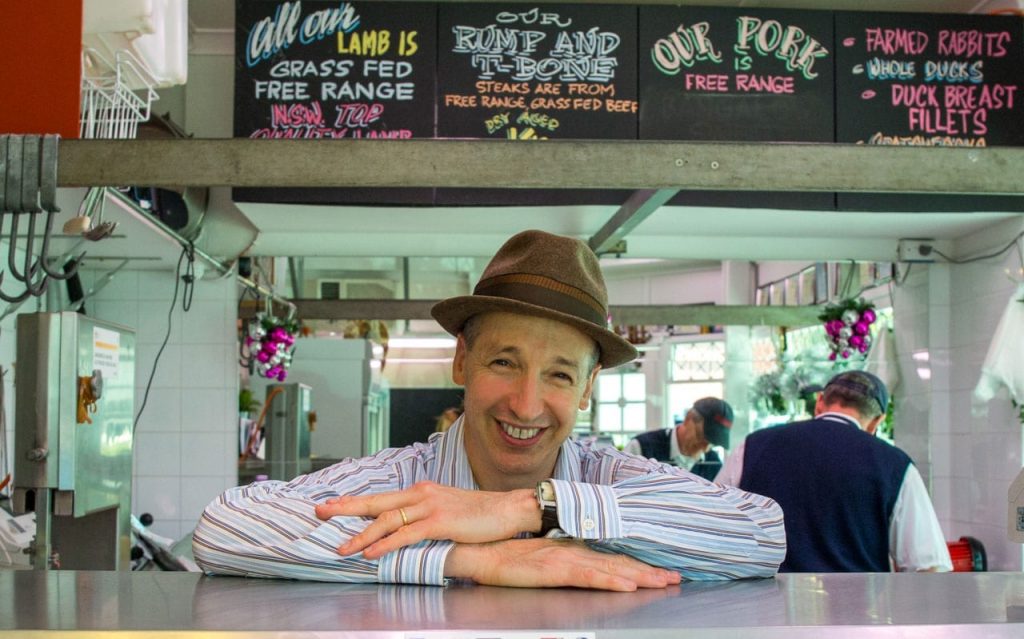
It all starts at the butcher!
You can be the best chef with all the right skills and knowledge to cook red meat. However, if you don’t start with the right meat and you don’t know what to be mindful of when purchasing meat then it doesn’t matter how well you cook you will never get it right!
Your ability to cook red meat to perfection starts at the butcher shop. If you can find a passionate butcher dedicated to his/her trade then that is the butcher that you don’t let go!
A butcher dedicated to providing the best quality meat will go to great lengths to source from competent, knowledgeable and passionate farmers. The old fashioned opinion from professional butchers is generally “the better the life the animal had, the better quality the meat”.
A good butcher will most likely be supplied by a farmer who treats their cattle with respect.
If your butcher dry ages his/her meat then that is another sign of dedication.
You see, dry ageing takes time, it takes space and there is weight loss. Of course, you will pay extra for this but it is so well worth it! Look at it this way: It would most likely be cheaper to buy dry aged meat and cook it yourself than go to a restaurant and order a steak that isn’t dry aged.
Beef is suitable for this method ageing process because it is an older animal when slaughtered (than veal, lamb and pork). It has a greater layer of fat to prevent the meat from drying out during the dry ageing process. Younger animals lack the fat content of older ones – that is why the dry ageing of young animals may not be suitable.
During the dry ageing process, the naturally occurring enzymes in the meat are breaking down the muscle fibres which makes the meat tender (as with the wet ageing process). There is also moisture loss which concentrates and enhances the meat flavour.
Dry ageing involves hanging the meat in a very controlled environment totally unwrapped. The temp must be about 0 -2 degrees C. Any lower the enzymes will not function to break down the muscle fibres and any higher then bacteria will grow on the meat.
Humidity must be around 85 -90%. Any lower the meat will be too dry and any higher the meat will be too soggy.
When you are next at the butcher ask if they dry age their meat. Also ask them about the farmers who supply them. This will give you a really good indication as to how committed they are to the industry and to the quality of their meat. This, in turn, will help you come away with the meat that you deserve.
So, your red meat cooking journey really does start at the butcher!
Your Meat Mate explains this and a whole lot more!
